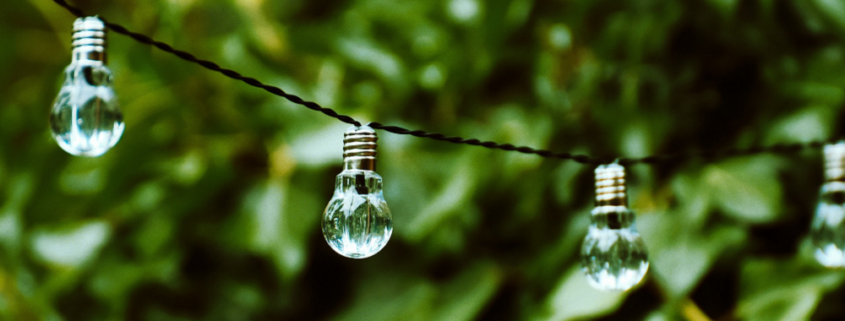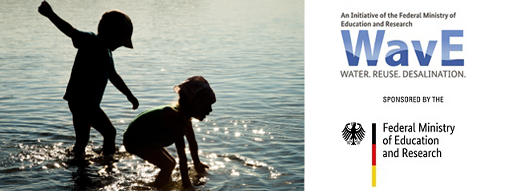When does water reuse make economic, ecological and technical sense?
The BMBF project “MULTI-ReUse” is developing a tool for the sustainability assessment of water reuse technologies.
Whether the use of treated clear water as service water makes sense in a specific application depends on various economic, ecological and technical factors, but not least also on the social acceptance of the applied technology for the intended use. A decision on the implementation of a water reuse measure can thus only be made individually for each application.
Thus, urban water management faces new challenges. Alternative uses place different demands on the quality of the clear water and thus also on the water treatment than has been customary in residential water management up to now. At the same time, in the case of an alternative use of the clear water, as a rule, actors outside the urban water management have to be involved (e.g. representatives of the consuming industrial companies, nature conservation associations, etc). For the planning process, not only their interests have to be taken into account, but also very different administrations from different disciplines relevant for decision-making have to be communicated.
In the BMBF-funded project MULTI-ReUse, a sustainability assessment tool was therefore developed that takes into account the key decision criteria for implementing water reuse measures in the field of industry and agriculture. Based on a multi-criteria evaluation system, the tool enables a comparative analysis and communication of case-specific water reuse options compared to the current water supply system. A particular focus is on MULTI-ReUse process chains.
The tool is available in English and German:
This post is also available in: German



